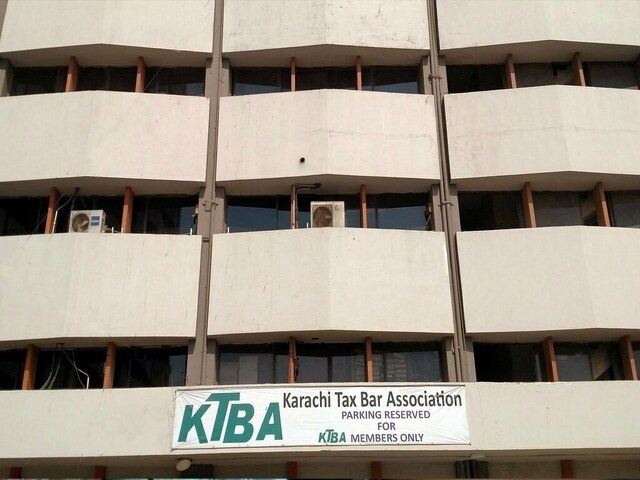By Ethelbert Bedminster
Copyright virginislandsdailynews

Dear Editor,
Though long overdue, the resurfacing and upgrades at the Fort Christian parking lot are welcome improvements.
I commend Public Works Commissioner Gabriel and the administration for pushing this long-awaited project forward. Downtown Charlotte Amalie depends on safe, accessible, and well-maintained parking — and this work is a positive step in the right direction. But it cannot be the final step. What Charlotte Amalie truly needs is an all-encompassing parking authority.
Right now, parking is managed in fragments: a little here by government, a little there by private operators, and not nearly enough oversight of how these spaces serve the residents, workers, businesses and visitors of our historic town. This piecemeal approach leaves us with gaps, inefficiencies, unnecessary frustrations and abuses.
A smarter approach would be to establish a public-private partnership — a parking authority that manages the entire system, every single public space, under one roof, with clear accountability. Such a structure could oversee every space, from Fort Christian to Kronprindsens Gade and beyond, while ensuring that residential parking stickers are issued so that people who live downtown are not pushed aside by government employees or daily workers. Most importantly, a good parking paradigm makes a town more accessible.
When shoppers can find parking quickly and easily, they are more likely to come downtown, visit stores, dine at restaurants and spend money. When town is more accessible, businesses thrive. That means employees and business owners themselves should not be occupying prime downtown spaces. Those spots should be preserved for customers — the very people who keep downtown businesses alive. Employees and owners can be directed to longer-term parking areas outside the core, freeing up prime spaces for the short-term, high-turnover use that drives sales.
An effective system must also guarantee managed spaces for the handicapped — placed strategically so that people with mobility challenges have safe, dignified, and convenient access to stores, government offices, and services. Likewise, designated pick-up and drop-off areas for taxis and other transport providers are critical. These zones reduce congestion, improve safety, and ensure that visitors and locals alike can get in and out of town efficiently without clogging up customer parking spaces.
The future of parking is not just physical but digital. Every space could be mapped onto an IoT grid system, viewable live by drivers. Payments could be made seamlessly through a few strategically placed kiosks and mobile phone apps, making the system user-friendly while increasing compliance and revenue collection. This modernized approach eliminates the guesswork of circling for spaces, shortens parking times, and improves overall downtown traffic flow.
The financial benefits are undeniable. Parking is a huge revenue source, not only in fees but also in fines when rules are enforced fairly. A public-private partnership parking authority would allow government to benefit in multiple ways — through a share of revenues, through the taxes generated by healthier downtown businesses, and through the indirect boost of a revitalized commercial core.
Charlotte Amalie deserves a parking system where:
• Residents can park near their homes without fear of displacement
• Employees and owners park in designated areas, leaving prime spots for customers
• Shoppers enjoy quick, convenient access to stores and services
• Tourists find a clear, welcoming experience
• Handicapped drivers are guaranteed safe, well-placed spaces
• Taxis and transport services have proper drop-off and pick-up zones
• Every space is visible in real-time on a smart grid, with easy payments via kiosks and apps
• Revenues from fees and fines are maximized, reinvested, and transparent. Resurfacing at Fort Christian is progress — but it’s a patch, not a plan.
If we want to restore Charlotte Amalie as the beating heart of the Virgin Islands, we must move beyond ad hoc fixes. A public-private parking authority is the way forward: one system, fairly managed, that makes our town more accessible, supports our businesses, and secures lasting revenue for government and community alike.
— Enrique Rodriguez, St. Thomas



